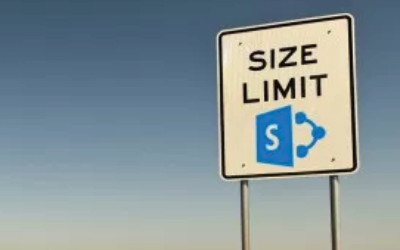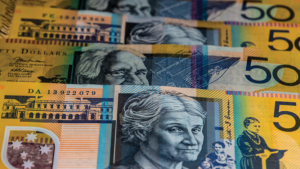There’s a lot of attention on the new $1.6 million tax free limit to a super fund, and a lot of questions. One of the new rules is that if your super fund has a balance of more than $1.6 million you can’t make any more ‘non-concessional contributions’ (these are contributions made out of after tax savings). But can you still keep adding ‘concessional contributions’? Put simply, yes you can.
Concessional contributions are made out of pre-tax income. They’re called ‘concessional’ because you pay a lower, or concessional, rate of tax on them. Under the old rules the amount you could make as a concessional contribution depended on your age, but under the new rules the maximum anyone can contribute is $25,000 per annum.
The most common form of concessional contribution is the 9.5% employer super guarantee payment.
What if I earn more than $263,158?
Why that exact amount? Because 9.5% of $263,158 is equal to the concessional cap of $25,000. There’s a built in safety catch that can help make sure you don’t exceed your concessional contributions cap: there’s a concession for employers known as the ‘Maximum Superannuation Contribution Base’ (MSCB) which says they are only required to make the super guarantee payment up to a limit. For FY2018 the MSCB is $52,760 per quarter, which translates to an annual salary of $211,040.
But employers don’t have to stick by the MSCB and some keep paying super on whatever salary you earn. If that happens to you the ATO will send you a letter requiring you to pay tax on the surplus contributions. You will be allowed to pay that tax out of your super fund.
If an employer does stop at the MSCB, it means you will only have received a super contribution of $20,048.80, so you would be able to top it up by $4,951.20 to hit your concessional cap.
What happens to the excess over $1.6 million?
If you’re still in the ‘accumulation phase’, that is, you’re not drawing a pension from your super fund account, the earnings on the total amount in your super fund will be subject to the usual tax of 15% (and 10% on concessional capital gains). Once you go into ‘pension phase’, the most you will be able to have in your super fund’s tax free pension account will be $1.6 million (although this will be increased over time in line with inflation), and anything over that will stay in the accumulation account.





